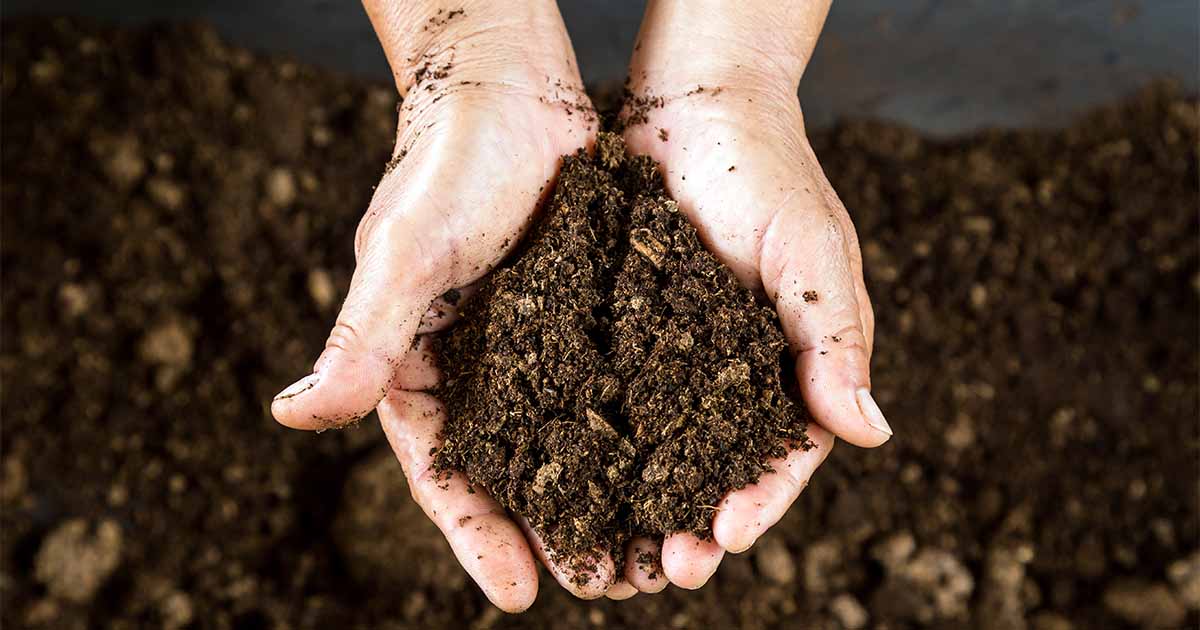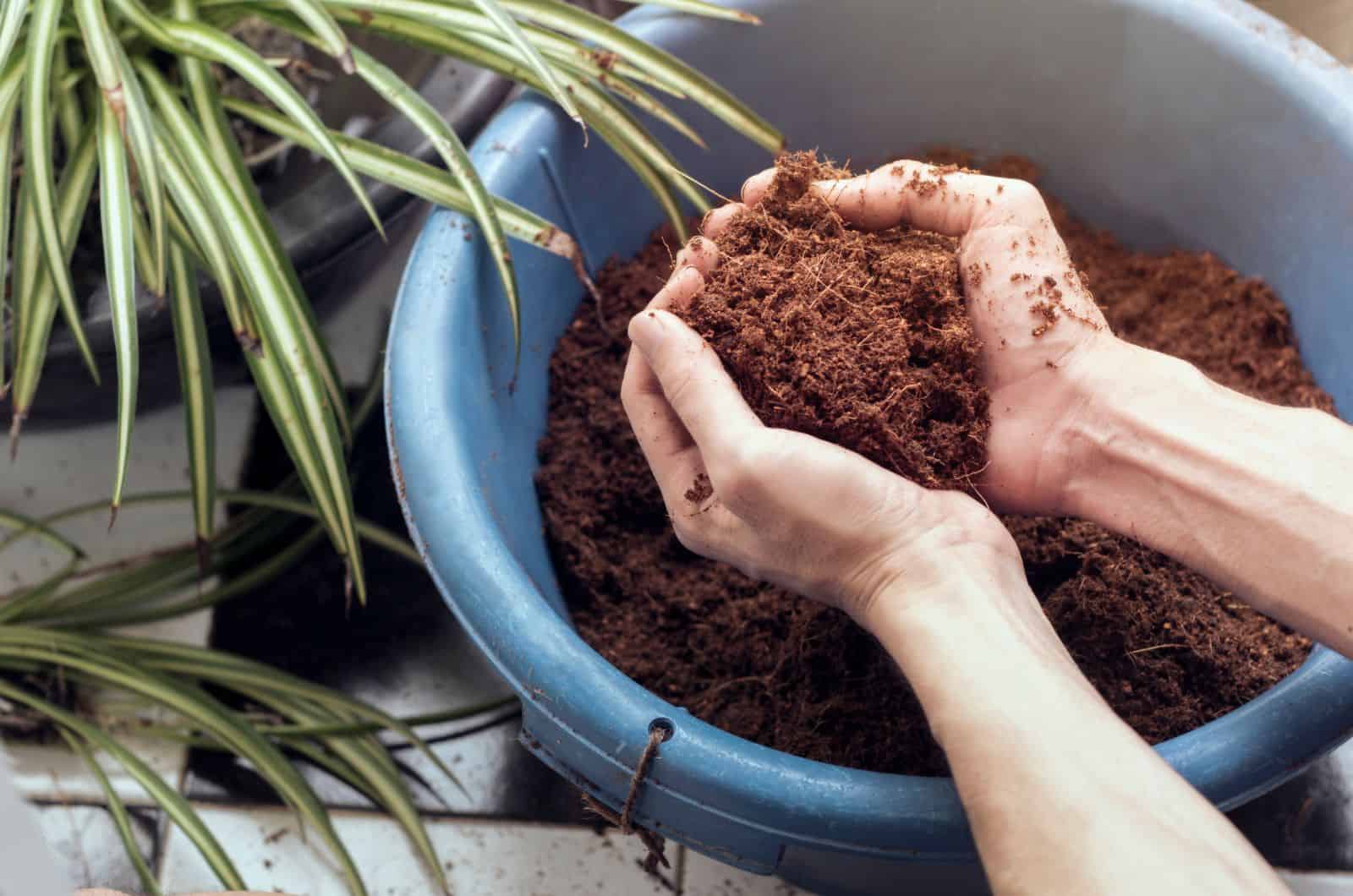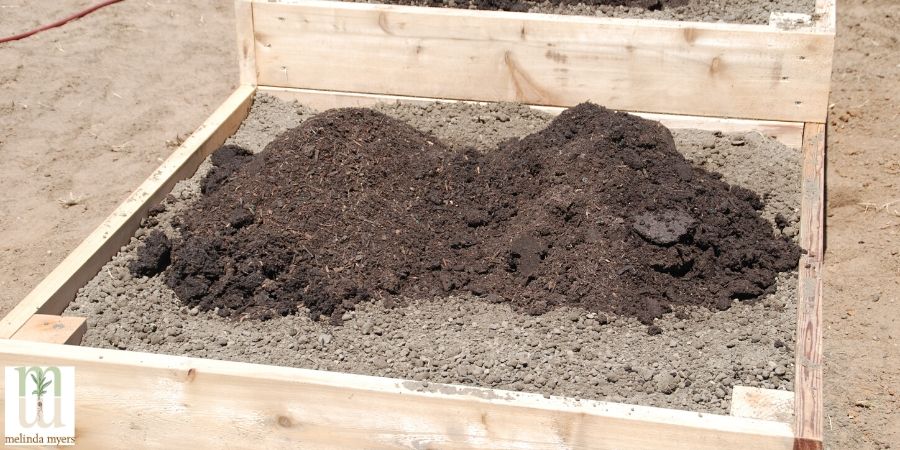Potting Soil Amendments That Will Make Your Plants Thrive
Introduction
Do you want your plants to thrive? If so, you need to make sure that they have the right soil. Potting soil amendments can help to improve the drainage, aeration, and nutrient content of your potting soil, which will give your plants the best possible chance of success.
In this blog post, I will discuss the different types of potting soil amendments available, and how to use them to improve your potting soil. I will also provide some tips on how to choose the right amendments for your specific plants.
Types of Potting Soil Amendments
There are many different types of potting soil amendments available, each with its own benefits. Some of the most common amendments include:
- Perlite: Perlite is a lightweight, porous mineral that helps to improve drainage and aeration in potting soil. It is also inert, meaning that it does not break down over time and release nutrients into the soil.
- Vermiculite: Vermiculite is another lightweight, porous mineral that helps to improve drainage and aeration in potting soil. It also holds moisture well, which can help to prevent plants from drying out.
- Peat moss: Peat moss is a naturally occurring material that helps to retain moisture and nutrients in potting soil. It is also a good source of nitrogen, which is an essential nutrient for plant growth.
- Coco coir: Coco coir is a sustainable alternative to peat moss that helps to retain moisture and nutrients in potting soil. It is also a good source of potassium, which is another essential nutrient for plant growth.
- Compost: Compost is a great way to add organic matter and nutrients to potting soil. It is also a good source of beneficial microbes, which can help to improve the overall health of your plants.
How to Use Potting Soil Amendments
The amount of potting soil amendment that you need to use will vary depending on the type of amendment and the type of plants that you are growing. However, a good rule of thumb is to add about 1 part amendment to 3 parts potting soil.
For example, if you are mixing a potting soil for succulents, you would want to add about 1 part perlite to 3 parts potting soil. This will help to improve the drainage and aeration of the potting soil, which is important for succulents that do not like to sit in wet soil.
Choosing the Right Potting Soil Amendments
The best way to choose the right potting soil amendments for your plants is to consider the specific needs of your plants. For example, if you are growing plants that need well-drained soil, you would want to choose an amendment like perlite or vermiculite. If you are growing plants that need to retain moisture, you would want to choose an amendment like peat moss or coco coir.
You should also consider the pH of your soil when choosing potting soil amendments. Some amendments, such as peat moss, can lower the pH of your soil. If you have plants that prefer acidic soil, this may be a good thing. However, if you have plants that prefer alkaline soil, you will need to choose an amendment that will not lower the pH of your soil.
Conclusion
Potting soil amendments can be a great way to improve the drainage, aeration, and nutrient content of your potting soil. By choosing the right amendments for your specific plants, you can help to ensure that your plants have the best possible chance of success.
Here are some additional tips for using potting soil amendments:
- Be sure to mix the amendments thoroughly into the potting soil before planting your plants.
- Do not use too much amendment, as this can make the potting soil too light and airy.
- Re-evaluate your potting soil needs as your plants grow. You may need to add more amendments as your plants become more mature.
With a little care and attention, you can use potting soil amendments to create the perfect growing environment for your plants.
Are you looking for more information about potting soil amendments? Visit Home Gardening for a comprehensive guide on the different types of amendments available, how to use them, and the benefits they can offer your plants.
FAQ of potting soil amendments
- What are potting soil amendments?
Potting soil amendments are materials that are added to potting soil to improve its drainage, aeration, moisture retention, or nutrient content. They can be organic or inorganic, and they come in a variety of forms, such as granules, powders, or liquids.
- What are the benefits of using potting soil amendments?
Potting soil amendments can improve the health and growth of your plants in a number of ways. They can help to:
* Improve drainage and aeration, which can help to prevent root rot and other problems.
* Retain moisture, which can help to keep your plants hydrated during hot, dry weather.
* Improve nutrient content, which can help your plants to grow strong and healthy.
* Adjust the pH of the soil, which can be important for some plants.
- What are some common potting soil amendments?
Some common potting soil amendments include:
* Perlite: A lightweight, porous mineral that helps to improve drainage and aeration.
* Vermiculite: A mineral that helps to retain moisture and nutrients.
* Peat moss: A lightweight, acidic material that helps to retain moisture and nutrients.
* Coco coir: A sustainable alternative to peat moss that helps to retain moisture and nutrients.
* Worm castings: A nutrient-rich fertilizer made from worm manure.
* Bone meal: A phosphorus-rich fertilizer made from ground bones.
* Blood meal: A nitrogen-rich fertilizer made from dried blood.
- How do I choose the right potting soil amendments for my plants?
The right potting soil amendments for your plants will depend on the type of plants you are growing, the climate you live in, and the soil you have. Some general guidelines to follow include:
* For plants that need good drainage, use amendments like perlite or vermiculite.
* For plants that need to retain moisture, use amendments like peat moss or coco coir.
* For plants that need a specific pH, use amendments that will help to adjust the pH of the soil.
* For plants that need additional nutrients, use amendments like worm castings, bone meal, or blood meal.
- How much potting soil amendment should I use?
The amount of potting soil amendment you use will depend on the type of amendment you are using and the type of plants you are growing. A good rule of thumb is to start with a small amount and add more as needed.
Image of potting soil amendments
10 different images of potting soil amendments that are free to use:
- Perlite is a lightweight, porous mineral that helps improve drainage and aeration in potting soil.

- Vermiculite is another lightweight mineral that helps retain moisture and nutrients in potting soil.
- Peat moss is a natural, organic material that helps improve drainage and aeration in potting soil.

- Coconut coir is a natural, sustainable material that helps retain moisture and nutrients in potting soil.

- Sand is a good choice for potting soil if you need to improve drainage.

- Shredded bark is a natural, organic material that helps improve drainage and aeration in potting soil.
- Leaf mold is a decomposed leaf material that helps add nutrients and structure to potting soil.
- Compost is a great way to add nutrients and organic matter to potting soil.

- Gypsum is a mineral that helps improve aeration and drainage in potting soil.

- Lime is a mineral that helps raise the pH of potting soil.

Post a Comment for " Potting Soil Amendments That Will Make Your Plants Thrive"